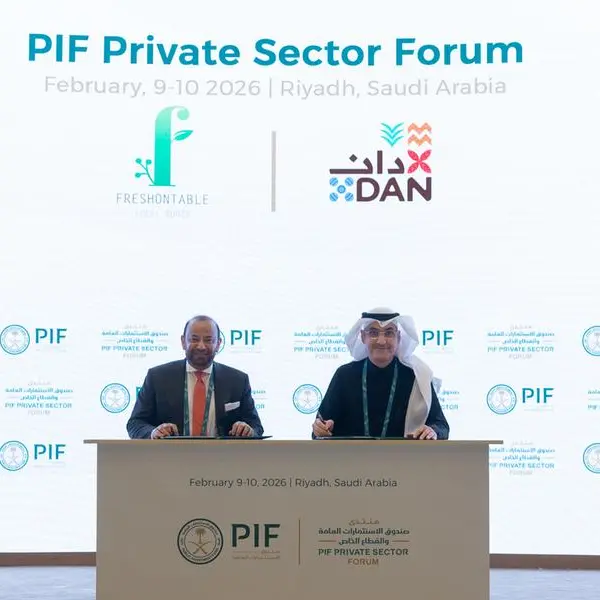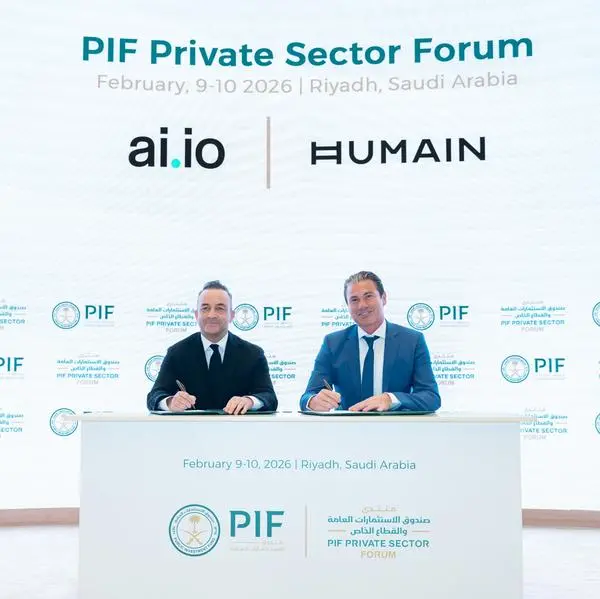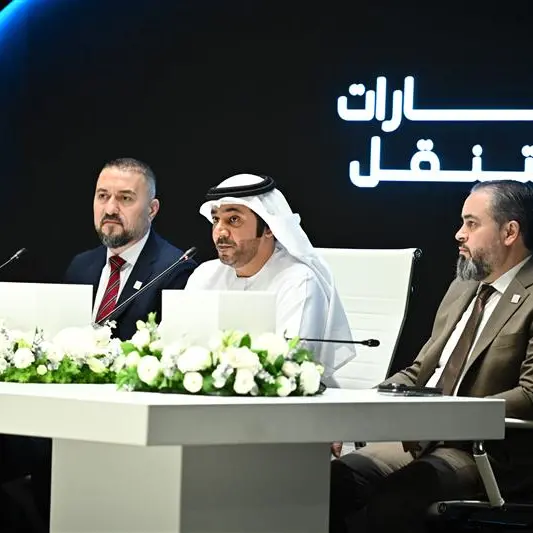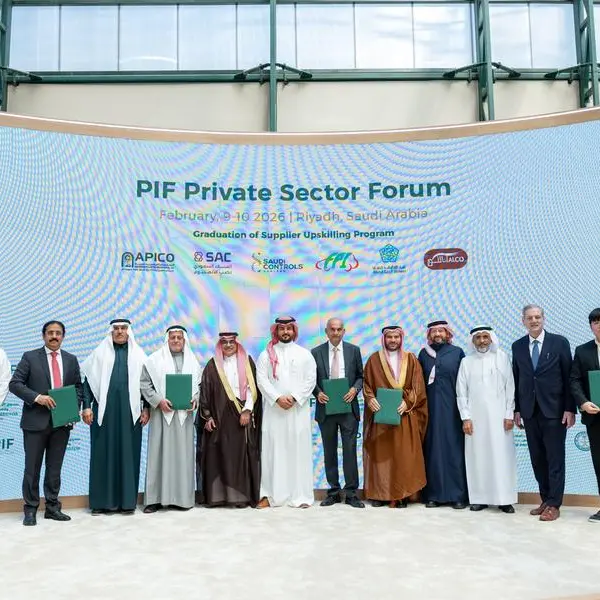PHOTO
Fiscal pressures on GCC economies are mounting with dropping oil prices accelerating the need to broaden and strengthen non-oil revenues, according to a new ICAEW report. The latest Economic Insight report says private sector job creation and maintaining an inclusive labour market are crucial to achieve long term fiscal sustainability.
Economic Insight: Middle East Q1 2015 is produced by Cebr, ICAEW's partner and economic forecaster. Commissioned by ICAEW, the report provides a snapshot of the region's economic performance. The report undertakes a quarterly review of the Middle East, focusing on the Gulf Cooperation Council (GCC) member countries (United Arab Emirates, Bahrain, Saudi Arabia, Oman, Qatar and Kuwait), as well as Egypt, Iran, Iraq, Jordan and Lebanon (abbreviated to GCC+5).
Public sector workers account for a large share of employment in GCC countries, which distorts the health of the region's labour markets. Reducing the market's dependence upon state spending to support jobs must be prioritised, especially given high rates of youth unemployment, gender imbalance within the workplace and projected growth of the region's working age population over the next 15 years.
The gap between male and female labour force participation in the Middle East remains one of the highest of any region in the world. Addressing barriers - such as gender wage gaps and provision of child care support - could greatly expand the talent pool available to economies in the region, contributing to growth and economic diversification.
The report calls for an improvement in business environments to spur job creation, private sector investment and entrepreneurship. Simplifying regulations, ensuring provision and reliability of vital infrastructure, supporting the flow of credit to SMEs, and establishing stable legal and tax frameworks are some of the measures demanded, and many countries have made progress. The UAE has consistently improved year-on-year and is still ranked the best country in the region in which to set up and operate a business. However, all nations have room for further improvement, especially when it comes to accessing finance and enforcing contracts.
Charles Davis, ICAEW Economic Adviser and Director at Cebr said: 'Delivering economic diversification and growth, alongside sustainable job creation, for a young and rapidly-growing population will be an immense test. Many GCC countries are on the right path, but the real challenge will be reducing public spending while continuing to invest in education. Only those countries implementing long term solutions in partnership with the private sector will be able to face future economic challenges.'
Ensuring robust and inclusive employment growth will depend on the supply of high quality, skilled labour. Many GCC countries plan to continue education spending arrangements despite lower oil prices. Saudi Arabia has pledged that spending on schools will remain high in the 2015 budget, and the UAE has made education one of the central themes of its Vision 2021 agenda. However, traditional education alone is not sufficient. A frustration across the region has been the gap between skills imparted by schools and universities, and those demanded by workplaces.
'With governments in the region seeking to diversify their economies, the nature of work that will be available in the future is broadening quickly. Professional qualifications that offer workers the knowledge, skills and experience required in today's jobs are becoming increasingly vital.' said Michael Armstrong, FCA and ICAEW Regional Director for the Middle East, Africa and South Asia (MEASA).
The report also shows:
Saudi Arabia's growth is expected to slow steadily: after real GDP expanded by an estimated 4.1% during 2014, growth of 3.4% is expected this year. Squeezed export earnings and government revenues will challenge Saudi Arabia, although the Kingdom has confirmed that spending on infrastructure, health, education and social services will remain elevated during 2015.
The UAE's non-oil sector added jobs and expanded output throughout 2014, helping to deliver an estimated 4.3% growth in GDP, and entering 2015 with considerable momentum. While Dubai has announced strong spending growth for 2015, the lower oil price risks dampening confidence and demand in the wider economy, especially alongside a cooling property market. Nevertheless, the UAE's diversified economy and strong fiscal position should help deliver real GDP growth of 3.7% during 2015.
Bahrain's economic growth is set to amount to 4.0% in 2014, driven by construction and infrastructure spending. While the momentum from this development activity will continue stimulating the non-oil sector in 2015, sluggish growth in oil production and lower prices moderate the pace of fiscal expansion. The Kingdom's economy is projected to expand by 2.7% over 2015 as a whole.
Qatar is set to see 6.3% GDP growth in 2014 as a whole. As one of the oil exporting nations best-placed to withstand a prolonged period of low prices, fiscal policy will remain expansionary in the coming years as the country seeks to deliver an ambitious programme of development projects - partly in preparation for the 2022 World Cup. With a $30bn pipeline of infrastructure delivery on the cards for 2015, non-oil sectors will continue driving growth, leading to expected GDP growth of 7.1% in 2015.
Kuwait's GDP grew by an estimated 1.4% during 2014. Non-oil GDP is set to accelerate during 2015, which should help to deliver growth of around 1.8% this year. While the government's fiscal surplus will narrow significantly due to lower oil prices, the Kuwaiti Finance Ministry has indicated that this will not put the brakes on their considerable fixed investment plans for the coming years.
Oman is set for an estimated annual growth of 4.4% in 2014. The Sultanate has indicated that lower prices will not hinder infrastructure delivery during 2015 with development of ports, roads and railways confirmed to continue, and oil production planned to increase slightly over 2014 levels.
The full Economic Insight: Middle East report can be found here: www.icaew.com/en/middle-east/economic-insight.
To watch a summary of the report, please follow this link: https://www.youtube.com/watch?v=5LfLf92QI-8.
Media enquiries:
Contact Jamie Douglass, ICAEW press office, on +44 (0)20 7920 8718 or email James.Douglass@icaew.com
Mutaz Albadri, Mojo PR, on +971 (0)50 570 6785 or email mutaz@mojo-me.com
About ICAEW
ICAEW is a world leading professional membership organisation that promotes, develops and supports over 144,000 chartered accountants worldwide. We provide qualifications and professional development, share our knowledge, insight and technical expertise, and protect the quality and integrity of the accountancy and finance profession.
As leaders in accountancy, finance and business our members have the knowledge, skills and commitment to maintain the highest professional standards and integrity. Together we contribute to the success of individuals, organisations, communities and economies around the world.
Because of us, people can do business with confidence.
ICAEW is a founder member of Chartered Accountants Worldwide and the Global Accounting Alliance.
About CEBR
Centre for Economics and Business Research Ltd is an independent consultancy with a reputation for sound business advice based on thorough and insightful research. Cebr is ICAEW's global economic partner and has since 1993 been at the forefront of business and public interest research. Cebr provides analysis, forecasts and strategic advice to major multinational companies, financial institutions, government departments and trade bodies.
© Press Release 2015




















